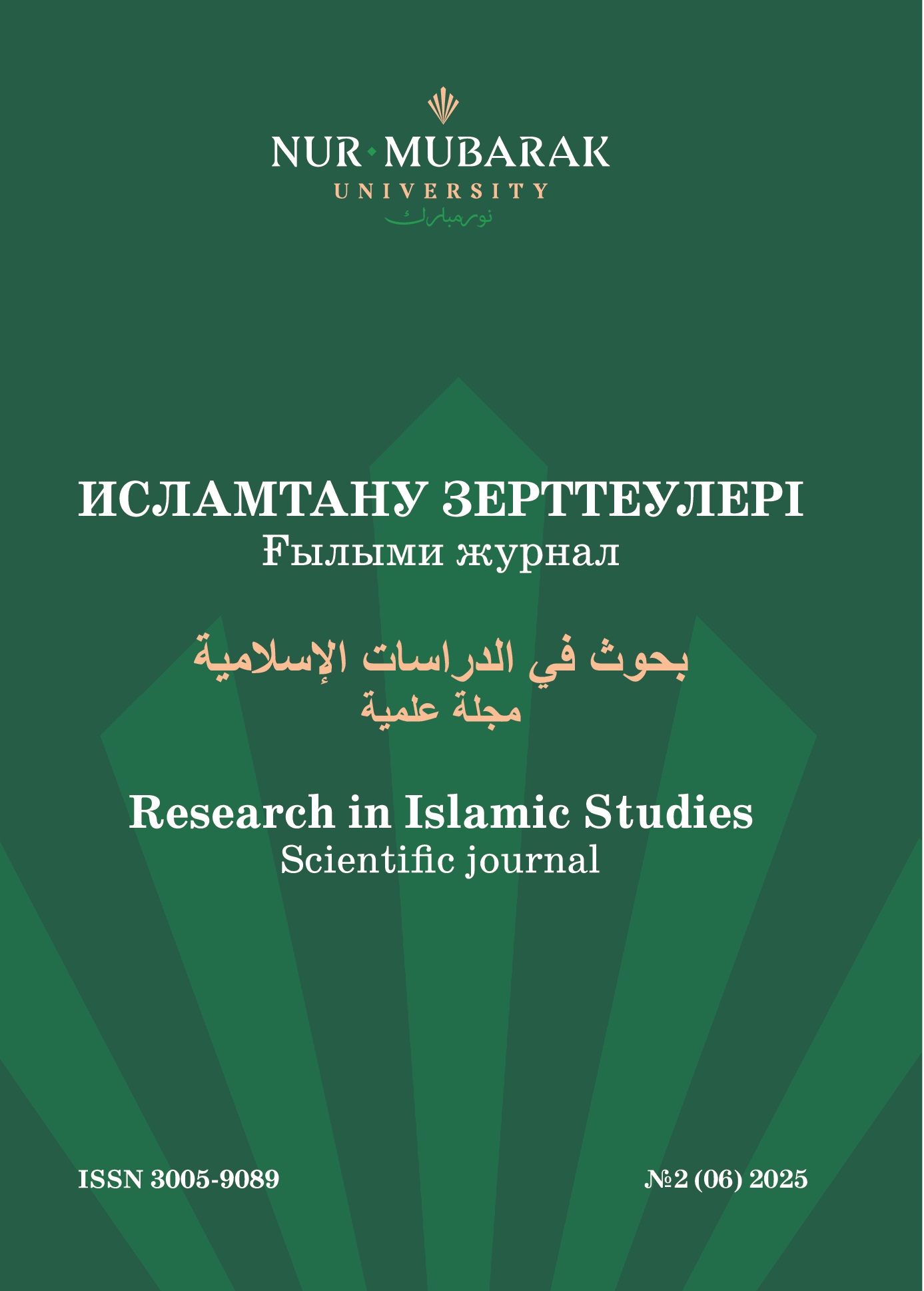Abstract
In order to make a significant contribution to the development of society, every person needs a teacher who will guide them on the right path – particularly through Islamic knowledge, which is a crucial factor in shaping individual personality. One of the prominent mentors for all Muslims in China, who established a system of Islamic education system, was Hu Denzhou, a native of Xi'an, Shanxi Province, also known as Muhammad ibn Abdullah ibn Ilyas. During the Ming dynasty, Islam in China experienced a period of decline, and the number of scholars was extremely limited. Islamic books were rare among local Muslims in China. In addition to various historical reasons, Islam in China faced two major problems: one of which was the continuation of Islamic preaching among Muslims, and the dissemination of Islam among the local Chinese population. Muslim scholars, including Muhammad bin Abdullah bin Ilyas, have integrated Islamic education with traditional Chinese methods within mosques. Their approach aimed to promote "mutual enrichment between Islamic and Chinese cultures" and fostered an atmosphere of "dialogue between Islam and Confucianism" for most Chinese Muslim scholars. The model of Islamic education founded by Muhammad ibn Abdullah ibn Ilyas continues to be passed down from generation to generation to this day.



